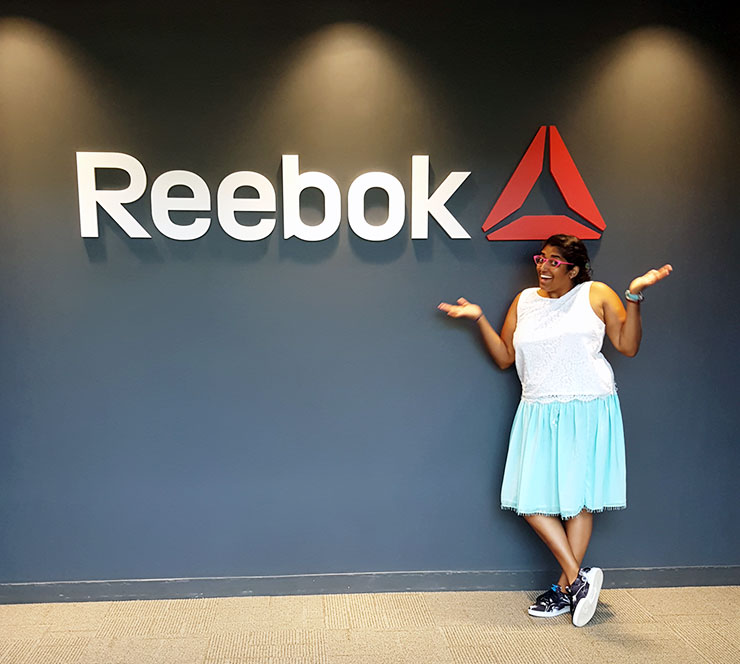Chefs prepare regionally authentic dishes featuring fresh produce, fish and meat exclusively sourced from New England farms and vendors.
BRISTOL, R.I. – With a bounty of delectable, fresh food growing at farms all around campus, Roger Williams University joins together today to celebrate the Annual Eat Local Challenge – a day on which the campus community comes together to sample local foods at the farmer’s market and feast on regionally authentic dishes in the dining commons, all to celebrate the importance of environmentally responsible food sourcing.
For this year’s Eat Local Challenge, the chefs will highlight Rhode Island’s best with dishes – grilled swordfish steaks, root vegetable stew with homemade cornbread, and grilled prosciutto and queso fresco pizza, among other items. The dining commons will also feature a chilled raw bar of Narragansett Bay littleneck clams, Onset oysters and scallop ceviche sourced from Cape Cod. Other specialty dishes will include potato leek soup, cheese ravioli and eggplant roulades with autumn squash and goat cheese. All of the ingredients are harvested within 150 miles of the campus.
The Eat Local Challenge is in its 12th year and was created when Bon Appétit launched its Farm to Fork program, in which all Bon Appétit chefs have been required to source at least 20 percent of their ingredients from small, owner-operated farms within that radius.


